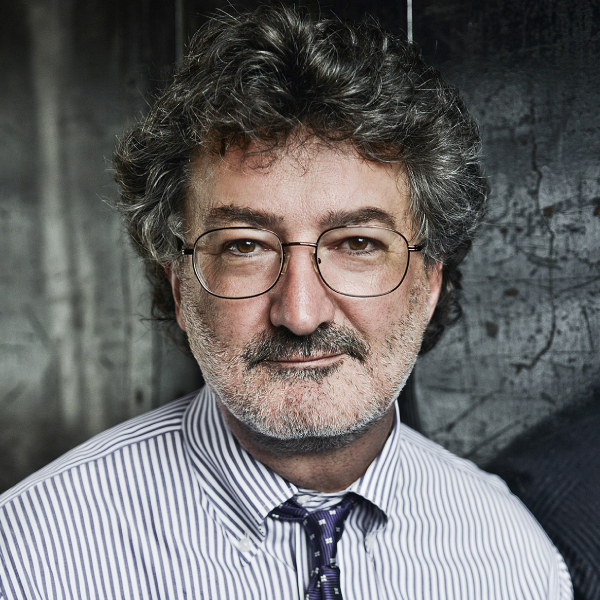There are a few key steps that would help, and getting young lawyers excited is especially important

For several years, voter turnout in Bencher elections at the Law Society of Ontario has been meagre. Despite the troubling rise of party politics and controversial elections topics, which I have discussed in previous columns, voter apathy remains a widespread problem throughout Ontario’s bar.
There are several common causes of voter apathy in mainstream and LSO elections. Voting in the upcoming 2023 bencher election is of critical importance. Therefore I would like to offer concrete steps to increase engagement in LSO elections.
Introducing party politics will also cause voting power to become concentrated in a few’s hands. Before party politics, a lawyer might cast 10 to 15 votes for different individual candidates. Now with a party checklist, they will likely cast many more votes for their “party.” If only a few lawyers vote, and they vote often, there could be dire consequences for the profession.
Voter apathy is a widespread problem. Low voter participation is seen throughout North America and is a topic that political scientists have investigated for years. Research suggests that various factors contribute to voter disengagement, chief among them being negative feelings towards politics in general and the flawed belief that one person’s vote makes no difference. There is also a negative correlation between age and voter turnout, with statistics showing that young adults have avoided election polls in Canada since 2003.
In recent bencher elections, the correlation between age and voter turnout reflects results comparable to those in the political mainstream. Generally, older lawyers vote more regularly than their younger colleagues. If younger lawyers and paralegals want the profession to reflect their values and interests, they must devote efforts to electing candidates they deem best suited for the job. Will that cause them to vote next year? I hope so.
Getting young lawyers excited about the opportunity to vote in LSO elections would be a significant step forward. Since lawyers often view the LSO with fear, the same feelings seem to extend to voting for benchers. Many lawyers and paralegals are not inclined to vote because they don’t want to become involved with the LSO. Of course, this reasoning is misguided because the LSO is fundamental to anyone practising law in Ontario. At its core, the LSO seeks to protect the public interest by upholding the highest levels of professionalism, competence, and learning standards. Many legal professionals do not care who governs Ontario’s bar if they are left alone. However, having benchers they trust, respect and who are not beholden to outsiders or “parties” should be of vital concern to all members of Ontario’s bar.
If we want a significant spike in voter turnout in 2023, we must take steps to attract and motivate new voters. One practical method would be to address different cohorts of lawyers and paralegals based on their previous voting records. Creating surveys asking specific and relevant questions to each targeted demographic would suggest their input is valuable. As we know from some recent bencher comments about “wacky wokeism,” the LSO’s disciplined approach to equity, diversity and inclusion is under attack by some members of the current bench. EDI will likely be the defining issue in this election. As a result, the importance of a survey and engagement on EDI matters is self-evident.
Compulsory voting is an idea many suggest as a solution to voter apathy. Some of Ontario’s lawyers believe legal professionals should be required to vote. While I agree that mandatory voting would force legal professionals to take a greater interest in the law society, I also disagree with such a heavy-handed approach.
Social media is a powerful platform to highlight the issues that are on the table next year. A simple post, like, or share can quickly spread helpful insights about issues, candidates and their objectives to lawyers who might not have sought out the information independently. While not all lawyers use social media, many legal professionals regularly use social media platforms like LinkedIn.
Finally, I believe the most effective tool to cause greater voter turnout is to engage with law firms in Ontario. We should ask firms to help promote voting, distribute information, hold candidate meetings and do as much as possible to strongly encourage their firm members to vote in this watershed election.
There is an overwhelming need for a better voter turnout next year. All lawyers and paralegals need to take to heart their responsibility to elect every bencher who they believe is the best candidate to govern the profession well. Bencher candidates and law firms need to dedicate time and energy to pursuing new ways to incite voting because if we don’t, we may well be handing over control of the LSO to a small convoy of ideologues. We all know where that will take us.
Emily Slessor co-authored this article. She graduated from Queen’s University in 2021 and works at Groia and Company as a legal assistant. She will be attending law school in the fall.











